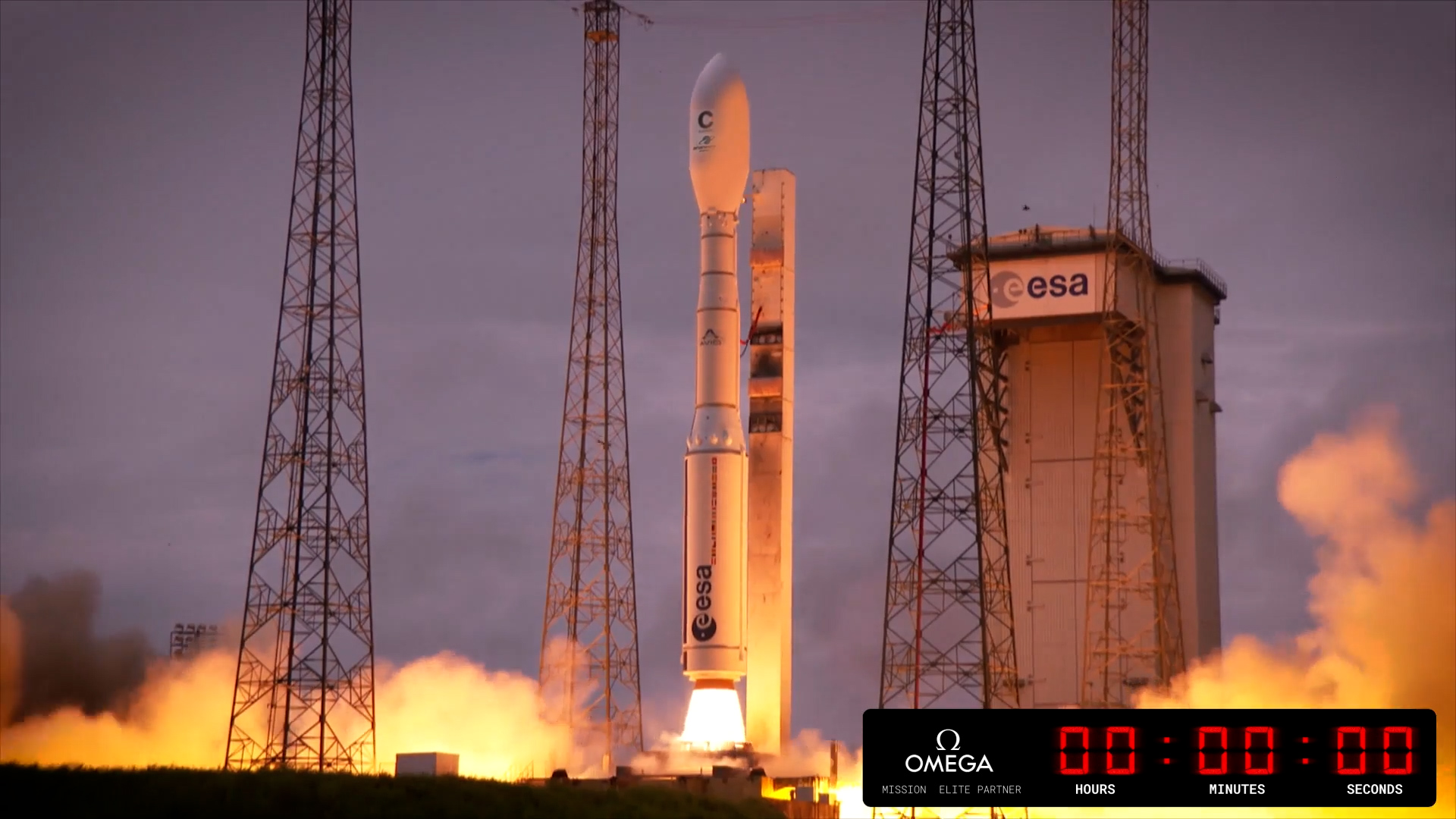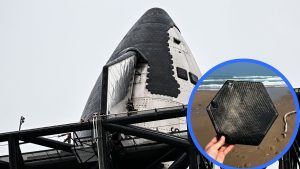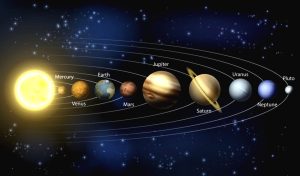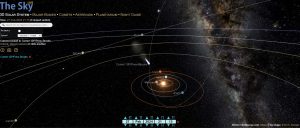ClearSpace and Arianespace Take On Space Debris
10th May 2023
Space launches are becoming more common, and so is the debris, ranging from parts of rockets to disused satellites. This state is making space garbage collection a reality, and one that is desperately needed. ClearSpace, a Swiss and UK startup that specializes in removing space debris, has decided to solve that issue. ClearSpace and Arianespace, the French commercial launch service provider, will tackle the problem together.
ClearSpace has signed a contract with Arianespace to launch its first debris deorbit mission in the second half of 2026. The mission will be carried out using The ESA’s Vega C rocket, which is designed to deliver payloads of up to 2,200 kilograms to low-Earth orbit. Why is it so important?
ClearSpace’s First Target: The Vespa Debris
Space debris poses a significant risk to both active spacecraft and to the future of space exploration, as collisions with even small fragments can cause catastrophic damage.
ClearSpace’s mission is to help mitigate this risk by removing some of the largest and most dangerous pieces of debris from orbit. The company’s first mission will target a piece of debris known as Vespa, which was left in orbit by a European rocket in 2013. The Vespa debris weighs approximately 100 kilograms and is currently in a highly elliptical orbit around the Earth.
Close in mass to a small satellite, the simple shape of this space debris object will allow to demonstrate the technologies of the spacecraft and its quartet of robotic arms, thus opening the way for more challenging missions with multiple captures per flight.

What does ClearSpace Say?
We are very enthusiastic about this deal with Arianespace. This secures ClearSpace’s access to space for our trailblazing space debris removal mission. The ClearSpace-1 mission demonstrates a turning point in the space industry as we urgently need to bring solutions to a fundamental problem: we are putting objects into space quicker than they are being removed
said Luc Piguet CEO and Co-founder of ClearSpace.
“We look forward to this European collaboration and the potential for more missions in the future.”
UK Contribution to Safer Space Exploration
As a key partner, UKSA has provided essential funding and technical support for the project. In October 2021, the UK Space Agency commissioned ClearSpace to develop a feasibility study to remove at least two UK defunct satellites. The study was successfully completed in March 2022 and a new contract was awarded to perform a second phase of the project, which will finish with the preliminary design review in 2023 of the Clearing of the LEO Environment with Active Removal (CLEAR) mission.






Thank you for your comment! It will be visible on the site after moderation.